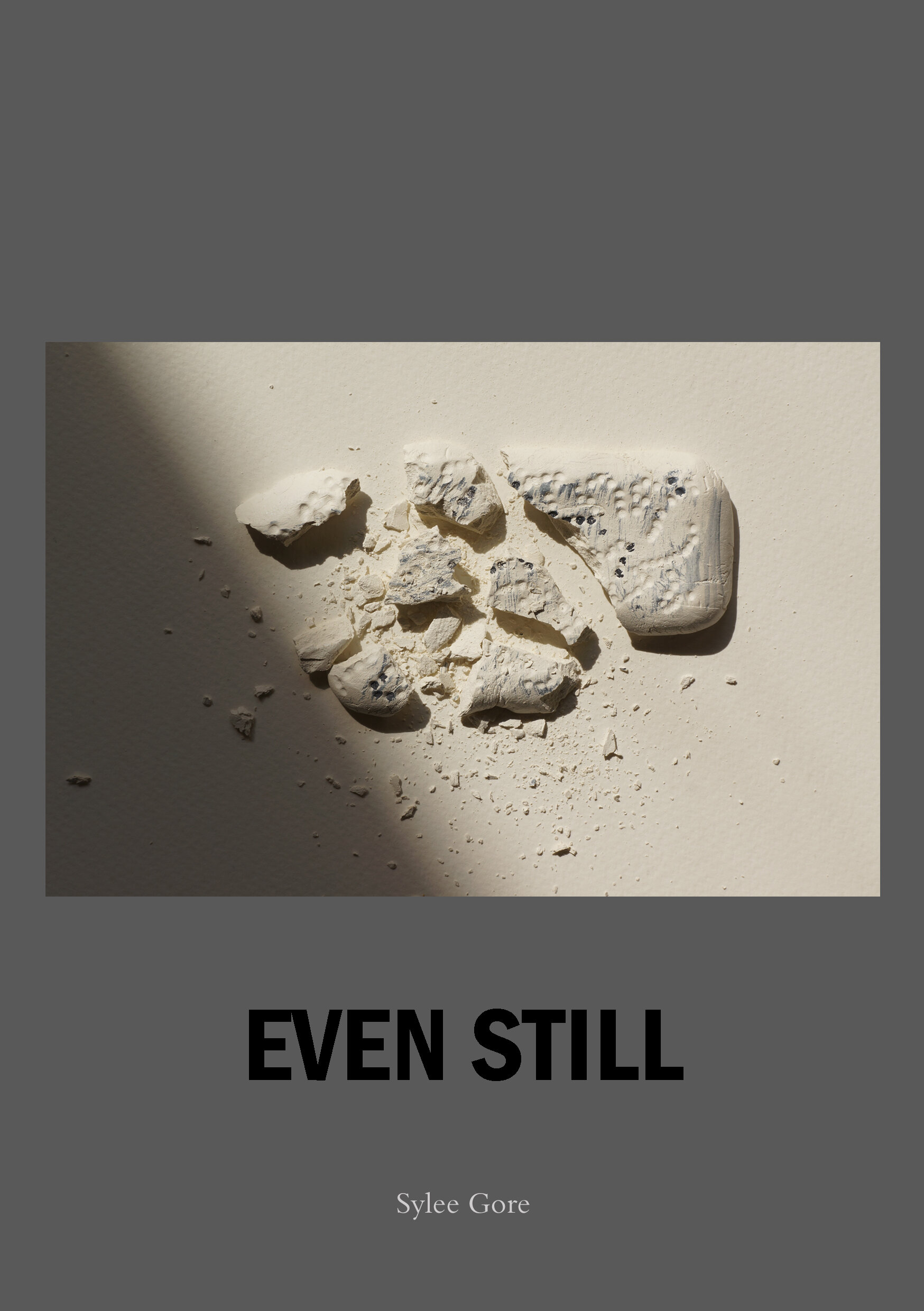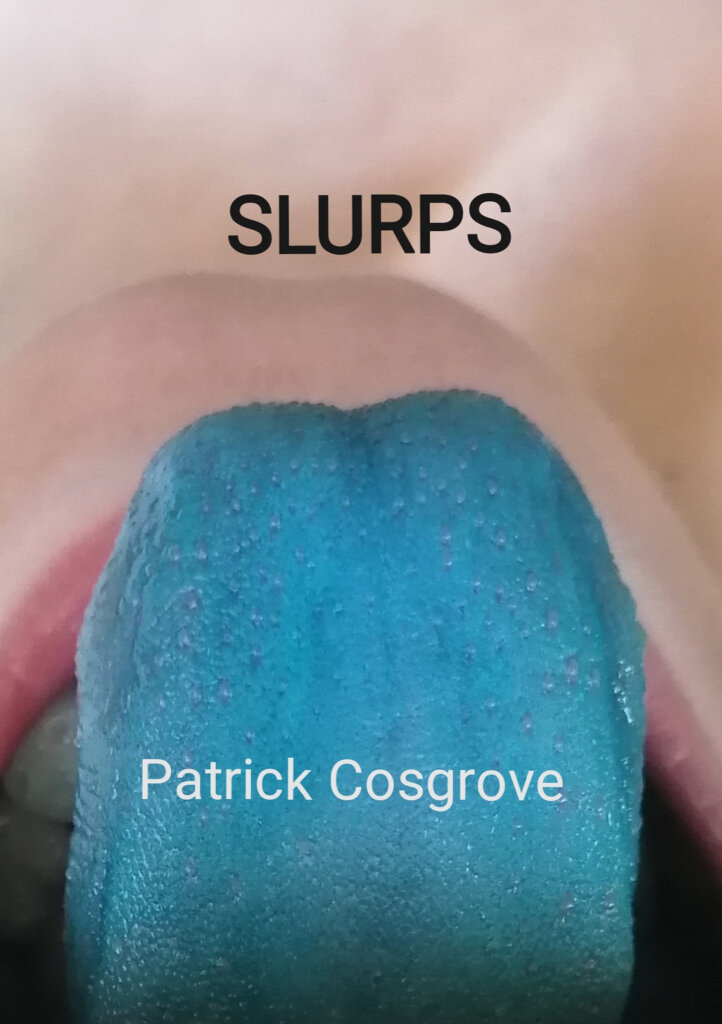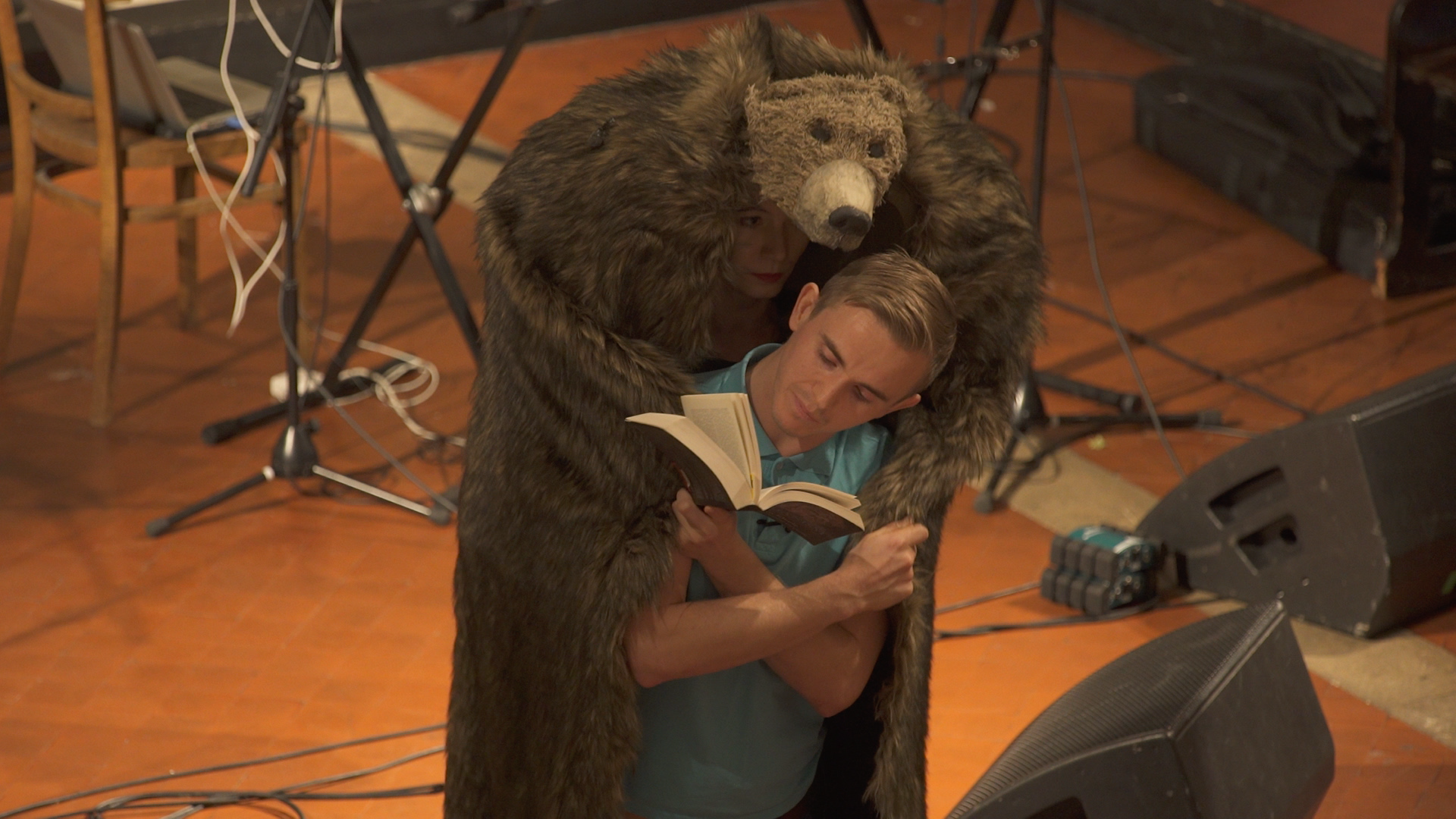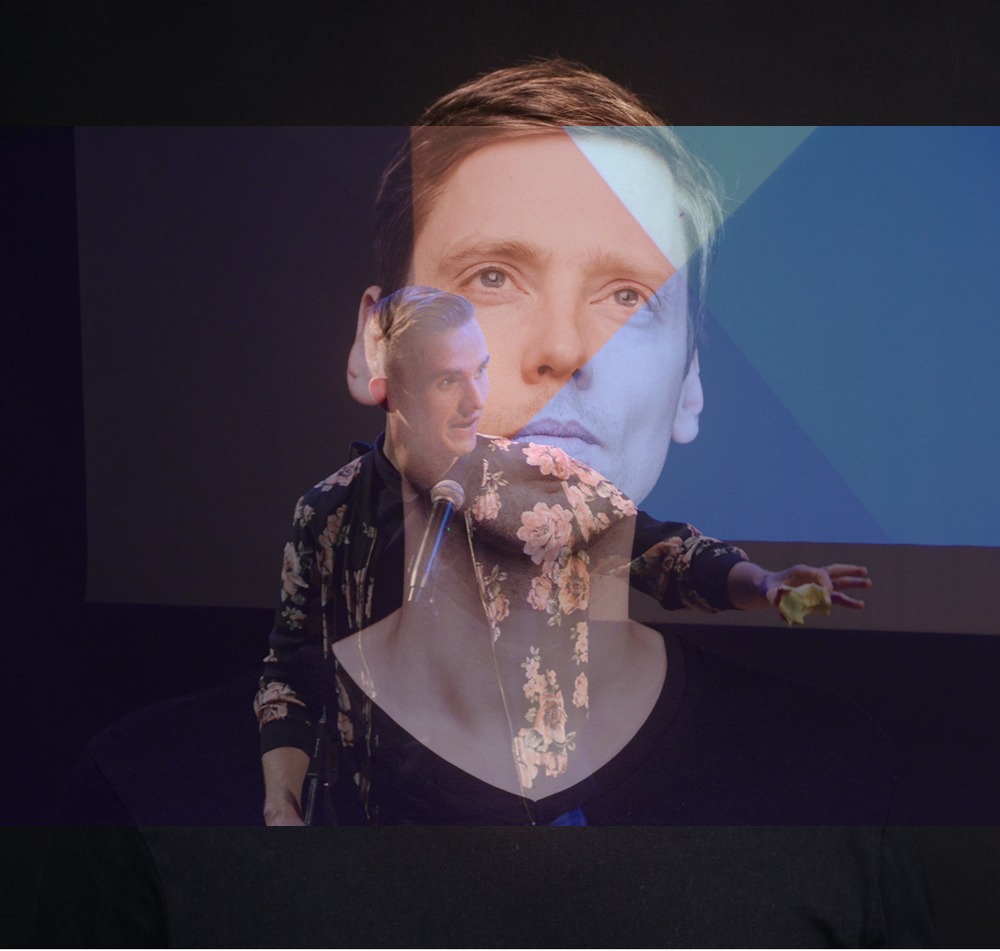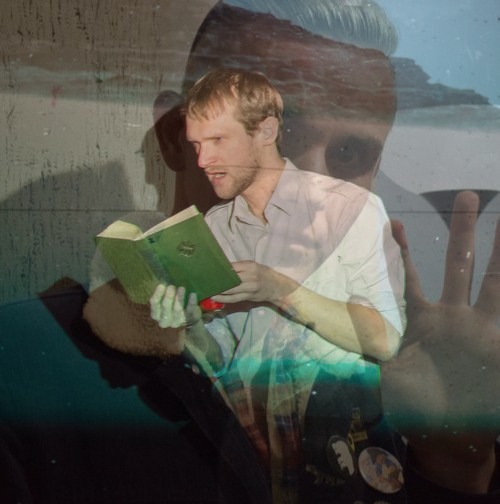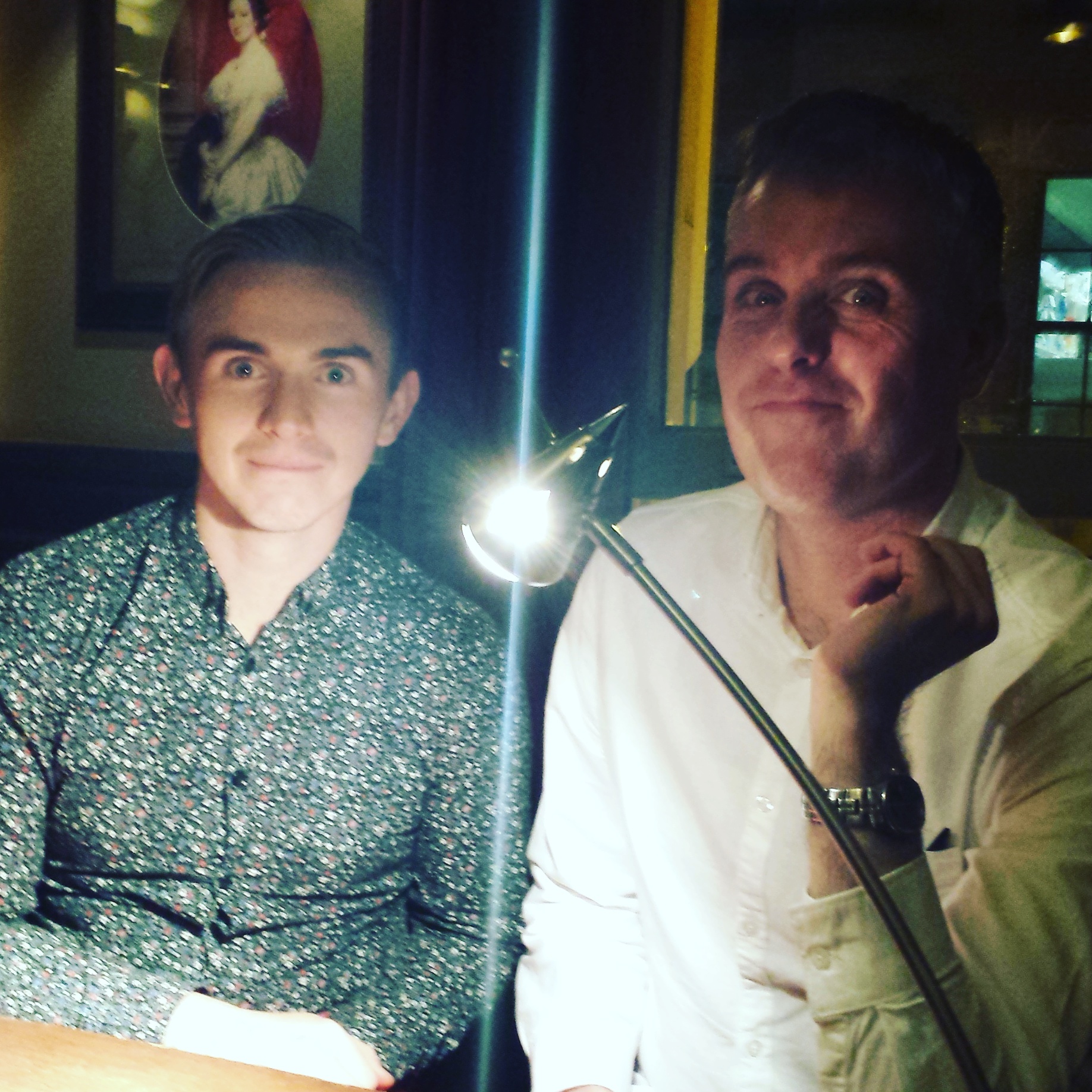As part of my ongoing collaborations, through Writers Kingston and Poem Brut, with the remarkable publisher and artist Alban Low of Sampson Low, the start of the recent European Poetry Festival saw the launch of two debut publications I had the pleasure to support - Even Still from Sylee Gore and Slurps from Patrick Cosgrove. Both are original, conceptually remarkable poets and extraordinarily kind people. These booklettes were long in the making, as Sylee and Patrick and I have been in dialogue for many months shaping the works. It’s been uplifting to have a role in their debut works emerging into the world. Both have sold out, in fact, from Sampson Low, in limited editions. None the less, links here.
https://sampsonlow.co/2021/06/21/even-still-sylee-gore/
For Patrick’s books, I contributed a small essay to the volume, and here are a few excerpts “This is the first book of one of the UK's most unique poets, whose unforgettable performances over the last number of years, in galleries, libraries and arts centres, have been a feature of the British experimental poetry scene. Or certainly, I have come to think so, because these performances have influenced my own. Patrick's work emerges from a tradition of English eccentricity, encountered as so authentic and organic, so stripped of poise and self-awareness, that it is no longer unconventional, but entirely natural, even rational, by the given, unacknowledged logic of its happening. And this is what I am drawn to, after organising over 500 events and teaching for many years. A poet whose knowledge of themselves and their own true concerns is entirely present, without a single seam showing. Patrick is a real one……….”
“And beyond this daily, immediate, unpretentious abstraction, Patrick's interest in family, and in work, are present too. Slurps, like many of his performances, evoke the unconscious repetitive aspects of jobs that are learnt and held in the body and reproduced automatically through processes. For all the amusement of seeing Patrick smear Nutella on a radio, he also veers his work one step towards the living coma of a dead end job where the unthought, and unthinking within the body, becomes more than a metaphor between the coherence and incoherence of our actual lived lives.”
